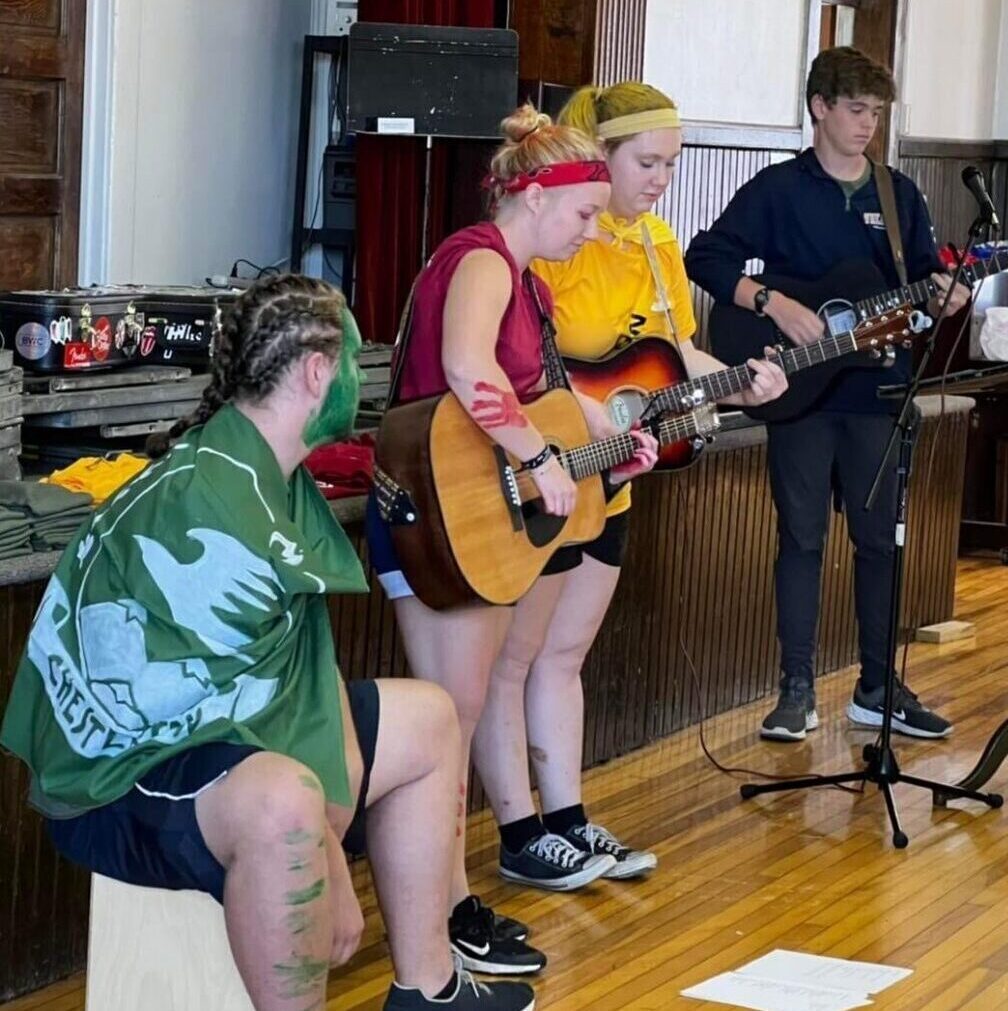Elliot * Crosby * Douglass * Bonhoeffer * Chesterton
Est. 2022

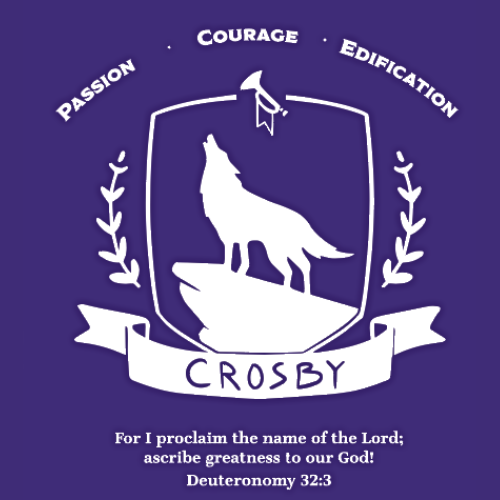
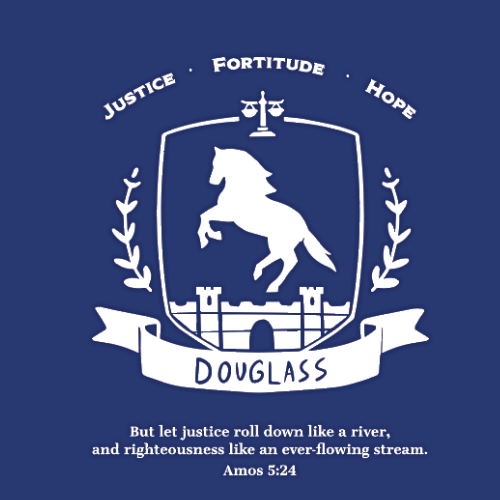
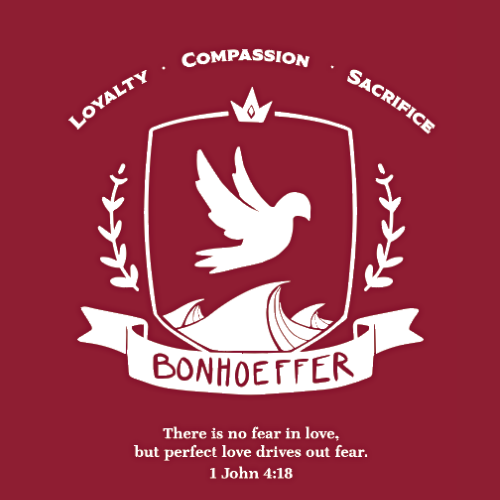


The House System: Five Houses, One Home
- Community: Houses are “intergenerational” groups of students — in our case 7th-12th — that gather for a range of activities that can happen even during regular school days.
- Spiritual Formation: Bible studies and Small Groups are important to a strong community. Our model includes house “Floor” meetings throughout the year where the houses separate into smaller groups for deeper discussions with their Deacons and Faculty Advisors. Each house is rooted in scripture with key virtues for growth.
- Service: Giving back is built into the life of BRCS. Students learn the importance of impacting the community and world for Christ. Service includes weekly House Stewardship with specific in school assignments as well as local and global projects.
- Leadership: A House will typically have about 25 students, a male and female faculty advisor, and a male and female “House Deacon” (where deacon is derived from the Greek word for servant–emphasizing our desire to form servant leaders). The student Deacons help plan events, motivate, and lead their houses in Bible studies and team activities.
“…being of the same mind, having the same love, being in full accord and of one mind. Do nothing from selfish ambition or conceit, but in humility count others more significant than yourselves. Let each of you look not only to his own interests, but also to the interests of others. Have this mind among yourselves, which is yours in Christ Jesus, who, though he was in the form of God, did not count equality with God a thing to be grasped, but emptied himself, by taking the form of a servant, being born in the likeness of men. And being found in human form, he humbled himself by becoming obedient to the point of death, even death on a cross.”
Philippians 2:2-8
Our Houses:

House Elliot
Curiosity * Insight * Diligence
 “If you believe in a God who controls the big things, you have to believe in a God who controls the little things.” – Elisabeth Elliot
“If you believe in a God who controls the big things, you have to believe in a God who controls the little things.” – Elisabeth Elliot
Elisabeth Elliot was born in the early 20th century to missionary parents in Belgium. After moving to Pennsylvania, she attended Wheaton College. There, she studied Greek and met her future husband: Jim Elliot. Shortly after graduating, they became missionaries in Ecuador, where they married. Shortly thereafter, Jim was shot and killed by the Auca tribe, to whom they were ministering.
Even this, however, didn’t keep Elliot from her ministry. She stayed with the tribe after her husband was killed and eventually built relationships with the tribe and converted them to Christ. After returning to the United States, Elliot continued her career in ministry as a writer and speaker, and she and her second husband toured the United States on many occasions.
At Blue Ridge Christian, we are glad to honor Elisabeth Elliot’s legacy. She was a woman committed to her faith and its authentic expression, who fervently served her God with her work and her mind, and who sought to understand the truth, even in the face of incredible challenge.
“The fear of the LORD is the beginning of wisdom, and knowledge of the Holy One is understanding.” Proverbs 9:10
Symbols:
 Book = Curiosity
Book = Curiosity
Lion = Insight
Forest = Diligence
House Crosby
Passion * Courage * Edification
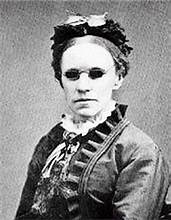 “If I had a choice, I would still choose to remain blind…for when I die, the first face I will ever see will be the face of my blessed Savior.” – Fanny Crosby
“If I had a choice, I would still choose to remain blind…for when I die, the first face I will ever see will be the face of my blessed Savior.” – Fanny Crosby
Fanny Crosby was born in the early 19th century to a Puritan family. As a baby, she developed an eye infection, which, when treated improperly, rendered her eyes scarred and useless for the rest of her life. A young girl endowed with a particular spirit, however, her blindness did not weigh on her life; instead, she often expressed gladness in her disability. This attitude was, no doubt, inspired by the teaching of her grandmother, who helped her memorize Scripture and would describe the world to her.
After teaching at the New York Institute for the Blind, Crosby married and left teaching, where she found her true calling: as a hymn writer. She was exceptionally gifted as a musician and lyricist, and wrote thousands of hymns under various pen names, many of which are still modern favorites. In her life, Crosby always had a song in her heart, and in difficult circumstances, she never lost her vigor at proclaiming the praise of her Maker.
At Blue Ridge Christian, we are glad to honor Fanny Crosby’s legacy. She was a spirited woman with a passion for Jesus and music, who rejoiced in all circumstances, and who followed God with her whole heart and sought to proclaim Him to the world. She spent her life seeking to build up the people around her, and continues to model joy in all circumstances today.
“For I proclaim the name of the LORD; ascribe greatness to our God!” Deuteronomy 32:3
Symbols:
 Trumpet = Passion
Trumpet = Passion
Wolf = Courage
Rock = Edification
House Douglass
Justice * Fortitude * Hope
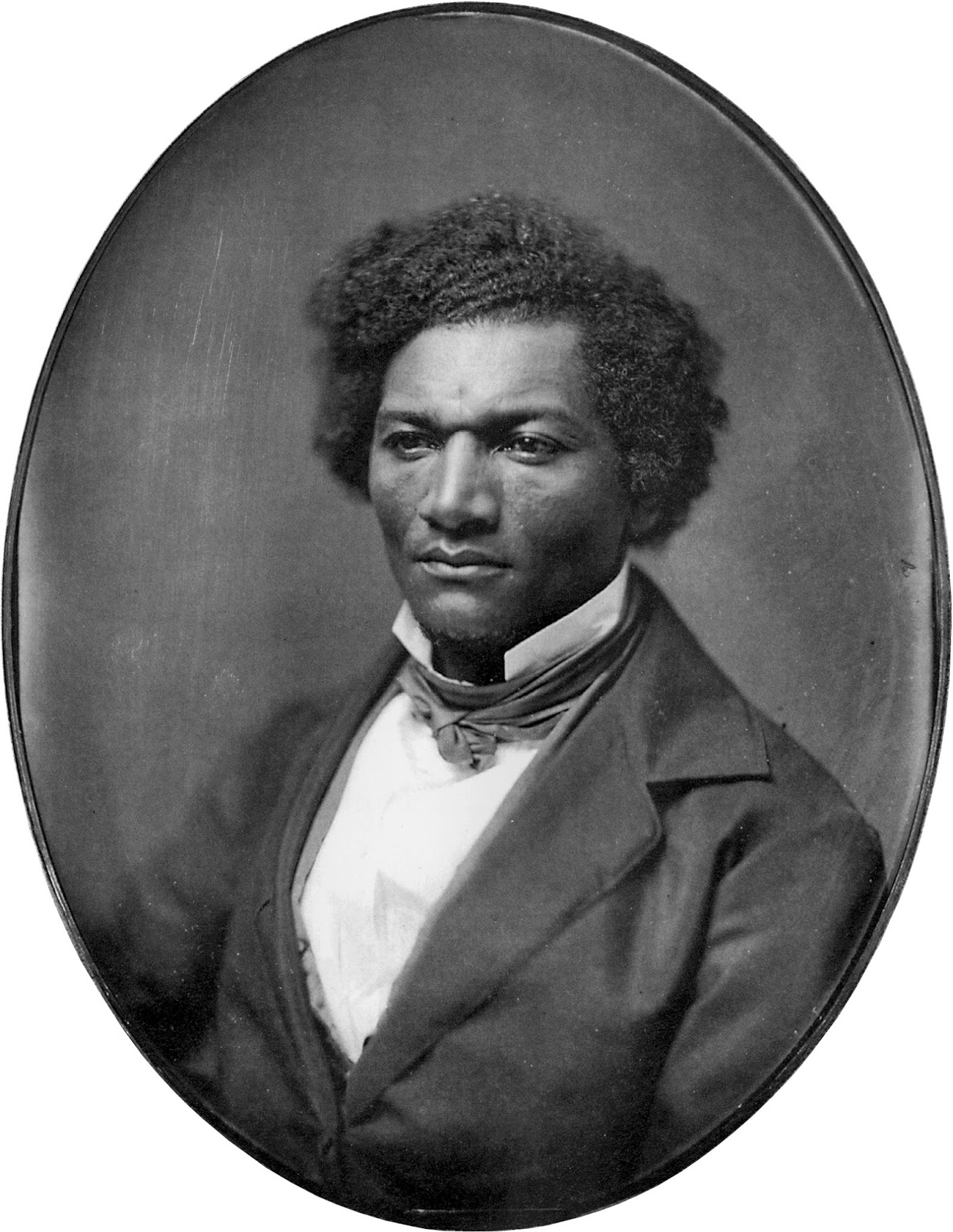
“I prayed for twenty years but received no answer until I prayed with my legs.” – Frederick Douglass
Frederick Douglass was born a slave around 1818 in Maryland, and after being passed around a few masters through his youth, he managed to escape and live as a free man in the North. He quickly rose to prominence as a leading abolitionist and intellectual, having been taught to read and write by one of his early masters. Through his life, Douglass remained a staunch opponent of slavery, speaking with a quiet fire and candor that still echoes in his work today.
With his freedom, Douglass was a frequent speaker at abolitionist rallies, published a newspaper that espoused abolitionist ideals, and worked to better the lives of oppressed groups, including women and Irish immigrants. He was a man of deep integrity and passion, who spoke with fire on the subject of justice, and who faced immense challenges with an almost supernatural endurance in pursuit of his God-given freedom.
At Blue Ridge Christian, we are glad to honor Frederick Douglass’ legacy. He was a man of deep conviction and an exacting, penetrating intellect, who saw clearly the problems in the world and who remained unafraid to face them, despite the obstacles in his way. He stands as a testament to faith and fortitude, and the power of hope to overcome any challenge.
“But let justice roll on like a river, and righteousness like an ever-flowing stream.” Amos 5:24
Symbols:
 Scales = Justice
Scales = Justice
Horse = Hope
Castle = Fortitude
House Bonhoeffer
Loyalty * Compassion * Sacrifice
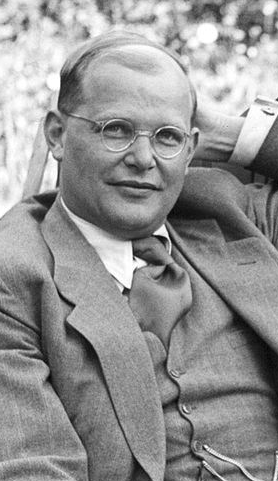 “Judging others makes us blind, whereas real love is illuminating. By judging others we blind ourselves to our own evil and to the grace which others are just as entitled to as we are.” – Dietrich Bonhoeffer
“Judging others makes us blind, whereas real love is illuminating. By judging others we blind ourselves to our own evil and to the grace which others are just as entitled to as we are.” – Dietrich Bonhoeffer
Dietrich Bonhoeffer was born in Germany before World War I. As a young boy, he demonstrated significant musical talent, but he ended up pursuing the path of a pastor instead. He later obtained a doctorate of theology and traveled around, motivated by justice and protecting the oppressed.
When Hitler was elected to Chancellor of Germany, Bonhoeffer was one of his most outspoken critics, and he drew significant public ire in his opposition, warning of the dangers of Nazism. He continued to oppose the Nazi party through World War II, writing some of his most significant theological works during this time. Eventually, though, his opposition landed him in a Nazi jail, and he was executed shortly thereafter. He died a martyr, standing against the oppression and evil in his homeland.
At Blue Ridge Christian, we are glad to honor Dietrich Bonhoeffer’s legacy. He was a gentle man who loved the poor and oppressed, who knew the love of God intimately, and who was willing to die for what was right. He stands as a model of commitment to Christ, loyalty to his people, and of heroic sacrifice.
“There is no fear in love, but perfect love drives out fear.” 1 John 4:18
Symbols:
 Crown = Loyalty
Crown = Loyalty
Dove = Compassion
Wave = Sacrifice
House Chesterton
Creativity * Joy * Wonder
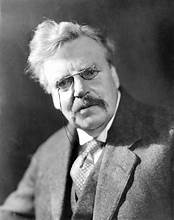
“Fairy tales do not tell children that dragons exist. Children already know that dragons exist. Fairy tales tell children that dragons can be killed.” – G. K. Chesterton
G. K. Chesterton, born in London at the tail-end of the 19th century, is a hard man to summarize. Standing at 6’4” and weighing 300 pounds, he was at once absent-minded and insightful, gregarious and piercing, and jovial and shrewd. It should, perhaps, come as no surprise that the man who would later be known as “the prince of paradox” would be possessed by a character so at odds with itself.
While he is relatively unknown in our modern world, Chesterton made a name for himself primarily as a
journalist, then a skilled orator and debater, and then, lastly, a writer of various books, ranging from theological memoir (Orthodoxy) to fiction (Father Brown). A devout Christian, Chesterton lived as an atheist for most of his life until his philosophical musings brought him to the Gospel. After this, he became one of its most ardent defenders in the public life of 20th century England.
At Blue Ridge Christian, we are glad to honor G. K. Chesterton’s character and life. He was a man dedicated to the truth, possessed with legendary wit and creativity, who never lost his childlike wonder and joy for the world—even the mundane parts—and the wondrous God who made it all.
“The heavens declare the glory of God; the skies proclaim the work of His hands.” Psalm 19:1
Symbolism:
 Flame = Creativity
Flame = Creativity
Eagle = Wonder
Mountain = Joy


